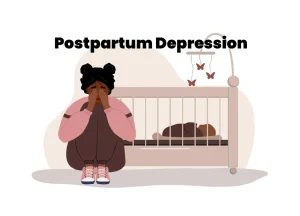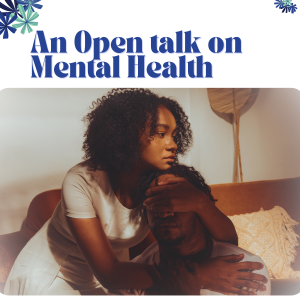How To Help Friends And Family Dealing With COVID
In one way or the other, the COVID-19 and its subsequent effect has affected everyone. We may know one or two people, whether distant or close, who has the direct effect of being confirmed positive with the virus. It becomes more concerning when the affected persons are our close family members or friends. It is thus our duty to ensure that provide the necessary support to help them get through this period. Having a good support system has been reported to be effective when managing a medical condition.
There has been overwhelming feelings of fear, anxieties and worries associated with the COVID-19. Some of the effects of these feelings are stigma and discrimination. For instance, the fear of being associated with the virus is borne out of the need to avoid being stigmatized. Thus, often times, people tend to downplay their symptoms, or even hide it from their families and loved ones. This is known to cause more damage, as it increases the risk of spreading the virus to more people.
It is therefore important to show and extend support as much as we can, to encourage people to get tested. Remember, contracting the virus is not a family secret.
Here’s a few tips on how to show support:
- Encourage them to talk about their worries and fears
- Encourage them to do some daily exercises
- Connect with them via video calling, texts and phone calls.
- Ensure they are eating well
- Ensure they are keeping to the appropriate guidelines necessary for quick and effective recovery
Talking to someone experiencing an overwhelming amount of stress caused by a medical condition may become a bit challenging. This is majorly due to the fact that people dealing with such situations do not open up willingly. It takes a lot of courage, push and motivation to get them to open up and talk about their feelings and experiences.
This difficulty might be a little bit discouraging but understanding their plight and empathizing with them will help you develop patience and tolerance you will most probably need to communicate your support to them. It is thus important to check up on them constantly, regardless of their clipped responses, and express how much you care and are available to them.
Here are some tips to consider:
- Communicate in a straightforward manner
- Speak calmly at a level appropriate to the person’s age and developmental level (e.g children)
- Ensure that you maintain confidentiality. Make this known to them, as it builds trust and confidence.
- Watch for reactions during the discussion and slow down or back up if the person becomes confused or upset
- Remain calm, nonjudgmental, and focus solely on helping the person recognize the need for immediate support.
- Be aware of your reactions and maintain no emotional attachment to their responses. A person’s response may be due to the stress they are experiencing and not necessarily about you.
- Be open to being rejected. Some people find it hard acknowledging that they need help. Do not be discouraged by this rejection however. Pace yourself and try again at a later time.
You can encourage them to talk to a professional by referring them to Lagos Lifeline at 0909-000-6463 or send an e-mail to help@dev.lagosmind.org.




